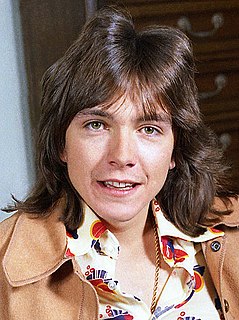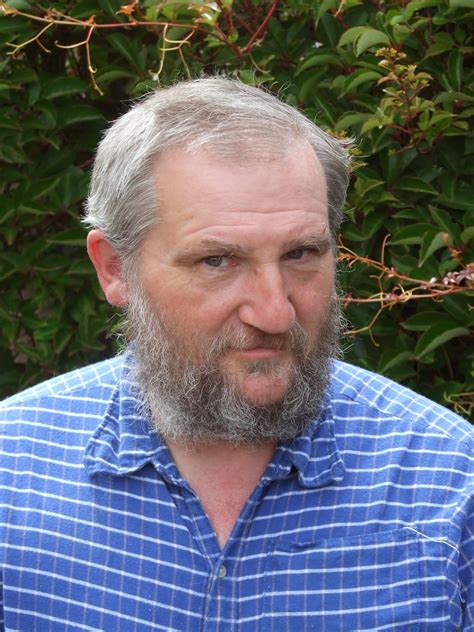A Quote by Seyyed Hossein Nasr
Related Quotes
Poetry has its uses for despair. It can carve a shape in which a pain can seem to be; it can give one’s loss a form and dimension so that it might be loss and not simply a hopeless haunting. It can do these things for one person, or it can do them for an entire culture. But poetry is for psychological, spiritual, or emotional pain. For physical pain it is, like everything but drugs, useless.
Grief is real because loss is real. Each grief has its own imprint, as distinctive and as unique as the person we lost. The pain of loss is so intense, so heartbreaking, because in loving we deeply connect with another human being, and grief is the reflection of the connection that has been lost. We think we want to avoid the grief, but really it is the pain of the loss we want to avoid. Grief is the healing process that ultimately brings us comfort in our pain.
When you go through hell, your own personal hell, and you have lost - loss of fame, loss of money, loss of career, loss of family, loss of love, loss of your own identity that I experienced in my own life - and you've been able to face the demons that have haunted you... I appreciate everything that I have.
Consider, for example, lust versus love. When we lust after someone or something, we think in terms of what they (or it) can do for us. When we love, however, our thoughts are immersed in what we can give to someone else. Giving makes us feel good, so we do it happily. But when we lust, we only want to take. When someone we love is in pain, we feel pain. When someone whom we lust is in pain, we only think in terms of what that loss or inconvenience means to us.


































